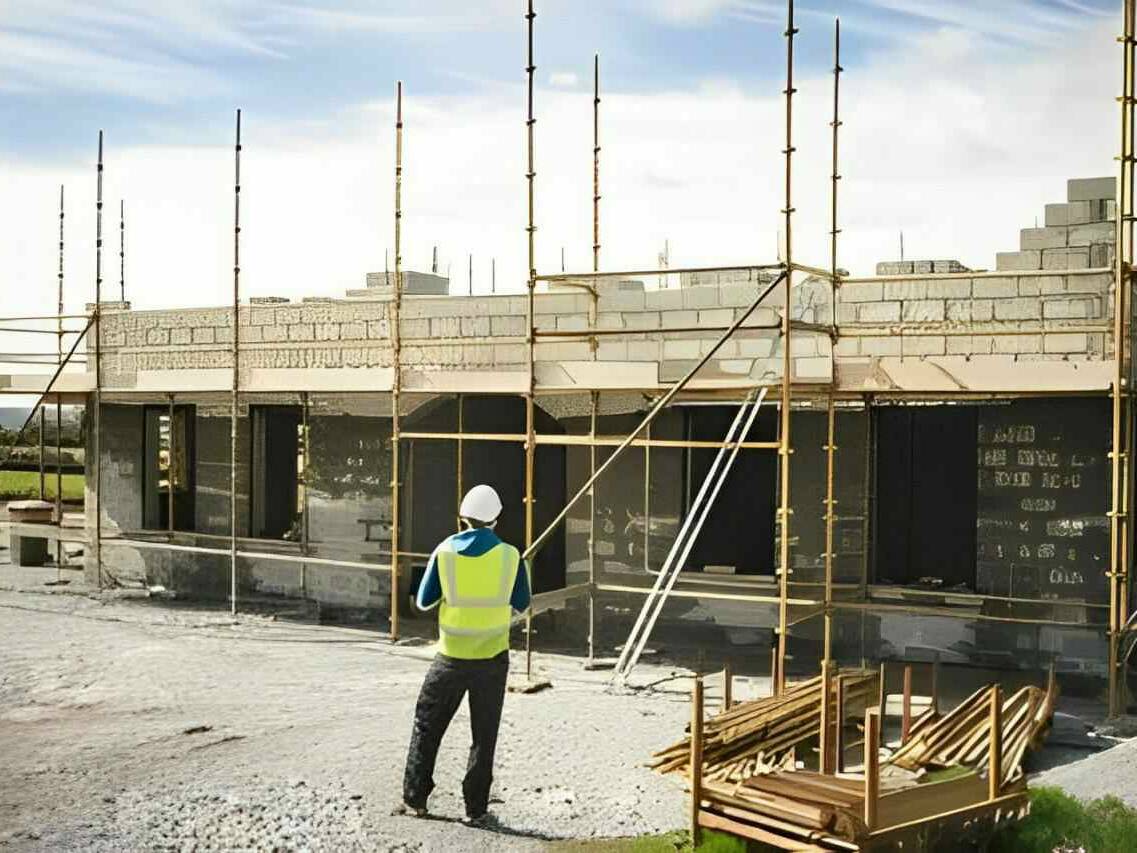Insights
Technology in Kenya Real Estate Market – Exploring New Opportunities through Modern Technology

The real estate sector, both globally and locally, has often been criticized for being slow to adopt technology compared to other sectors such as financial services and retail. This could have something to do with the sector’s capital intensity, according to the Industry Digitization Index developed by the Harvard Business Review. Considering real estate is often one of the biggest investment & financial decisions both individuals and companies make, this makes sense as real estate transactions often require a lot of trust. This makes it all too impossible to remove the human element entirely, despite modern technology advancements.
However, this only highlights the potential for the real estate sector to adopt new technology. Not necessarily those that replace humans, but those that have the potential to enhance work productivity, reduce inefficiencies and improve customer satisfaction. This means innovative technology, not only exclusive to associated equipment, materials and machinery, but also in the way we do business. If harnessed well, technology can solve some of the perennial challenges and inefficiencies that continue to plague the real estate market in relation to construction management, marketing, funding and preventing fraud.
Here are some of the ways technology is impacting the real estate sector.
Online Marketing
Today’s modern customer is empowered thanks to readily available information on the internet that can be accessed easily through the touch of a button. This is a sharp contrast to the period between the late 1980s and early 2000s where real estate agents held all the power due to low information aggregation in the sector. As a result, customers in the market often had little to no knowledge to start with and hence, were faced with a low variety of options to choose from and susceptibility to price distortion.
Online property listings have, however, changed the marketing game for both real estate companies and customers. Today, majority of potential homebuyers and tenants begin their search for property online and are able to compare various properties based on personal preferences. This is supported by increasing smartphone and internet penetration in the country, currently standing at 82%, according to the Communications Authority.
However, issues like fraud continue to mar this trend with customers still choosing to involve real estate agents due to the personal and capital – intensive nature of making home purchase and living decisions.
Augmented & Virtual Reality
Open house visits are a fun way to explore a property, but when you go for a visit, you have to imagine what it might look like with your own furniture, setup and style. You may know the space is a great fit for your needs, but the current owner’s furniture, staged furniture or empty rooms might not be conducive to really understanding what the home would look like if you moved in. However, thanks to new developments in real estate tech such Augmented Reality and Virtual Reality, this is now possible.
This technology is looking to fill the imagination gap, giving buyers and sellers a new way to experience properties. Virtual technology allows you to visualize any room or space in a property the way you would decorate it yourself. This is proving to be the future of open houses and online property marketing, as more real estate companies in developed countries continue to adopt this technology in their businesses. Local agents, investors and buyers alike can take advantage of these technology tools to enhance the experience of their customers, in particular on, online customers.
Property Development & Management
According to a report by McKinsey, large real estate projects usually end up requiring 20% more time than scheduled to be completed, with projects costing up to 80% more than their initial budgets. This highlights inefficiencies in the way real estate investors develop and build properties with fragmentation of processes and information cited as the biggest cause. New technology that can integrate requisite processes, especially those that require a lot of planning, collaboration and data gathering, remain integral in reducing these inefficiencies while improving overall productivity in the sector.
Concurrently, property managers are increasingly being expected to offer more value to their clients and increase the efficiency of building operations. In response, global management companies are increasingly adopting new technologies such as IoT to efficiently manage energy resources as well as rental management software that integrate and automate legislative, financial management and marketing processes within one channel for a seamless and convenient experience.
Land Ownership & Verification
Land ownership and verification has long been a headache for developing economies owing to archaic record keeping techniques, time-consuming processes and corruption. This is largely attributed to the fact that majority of the requisite processes remain manual, which continues to hamper growth in the real estate sector, especially in regards to real estate transactions.
However, digitizing operations could, essentially, combat such problems with countries increasingly turning to technology as a solution. A good example is Fatcom, a U.S. tech company that recently partnered with the country of Honduras to create a digital land registry system through block chain, the same technology that backs the popular digital currency, Bitcoin. Essentially, block chain is ‘public ledger capable of automatically recording large volumes of transactions in a secure manner.’ One of its benefits is that it creates an immutable trail which can help prevent issues such as land fraud that continue to face developing economies.
In addition, block chain has recently been used for real estate investment purposes through tokenization, where digital tokens function as units of land ownership. This has enabled real estate companies to raise alternative funds for new projects as well as investors looking to expand their investments into real estate without all the hassles of managing property.
While technology remains key for Kenya real estate companies in offering a competitive edge in the global market, investment in related support infrastructure such as broadband and electricity power connectivity shall be equally important to support access to technology by majority of stakeholders throughout the country.
Related
Insights
Feasibility Study Consultants and Market Research Firm in Kenya
Buildafrique provides Feasibility Studies and Market Research services in Kenya, as a…
Environmental Impact Assessment (EIA) Experts Company In Kenya
Buildafrique is an Environmental Impact Assessment (EIA) Experts Company in Nairobi Kenya…
Construction Project Management Consultant Experts In Kenya
Buildafrique is a Kenya Construction Project Management Consultants & Experts Company…







